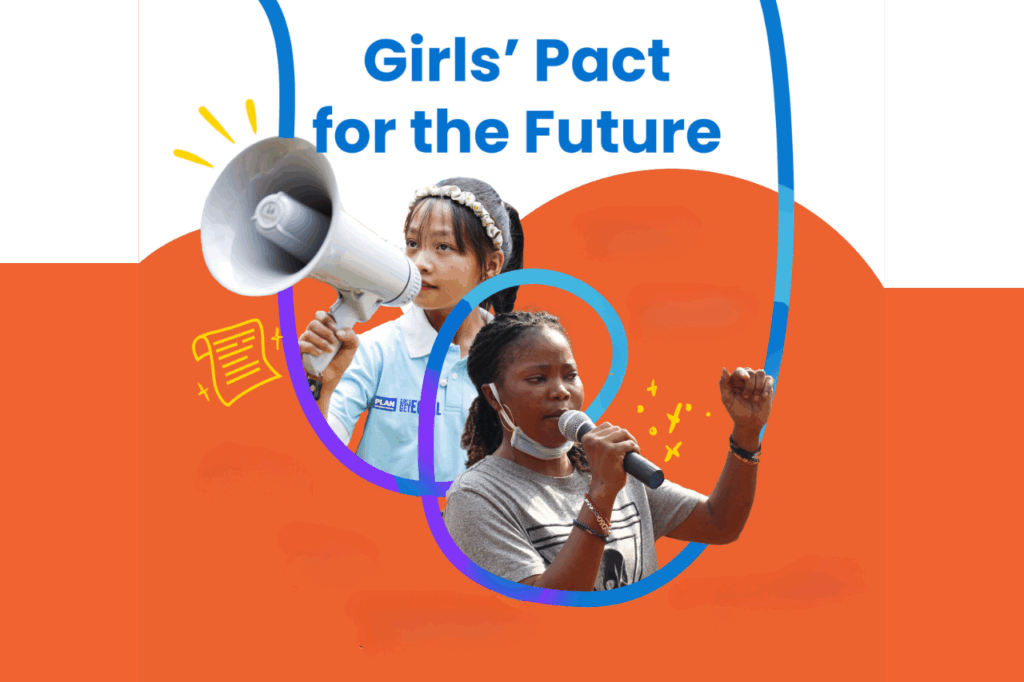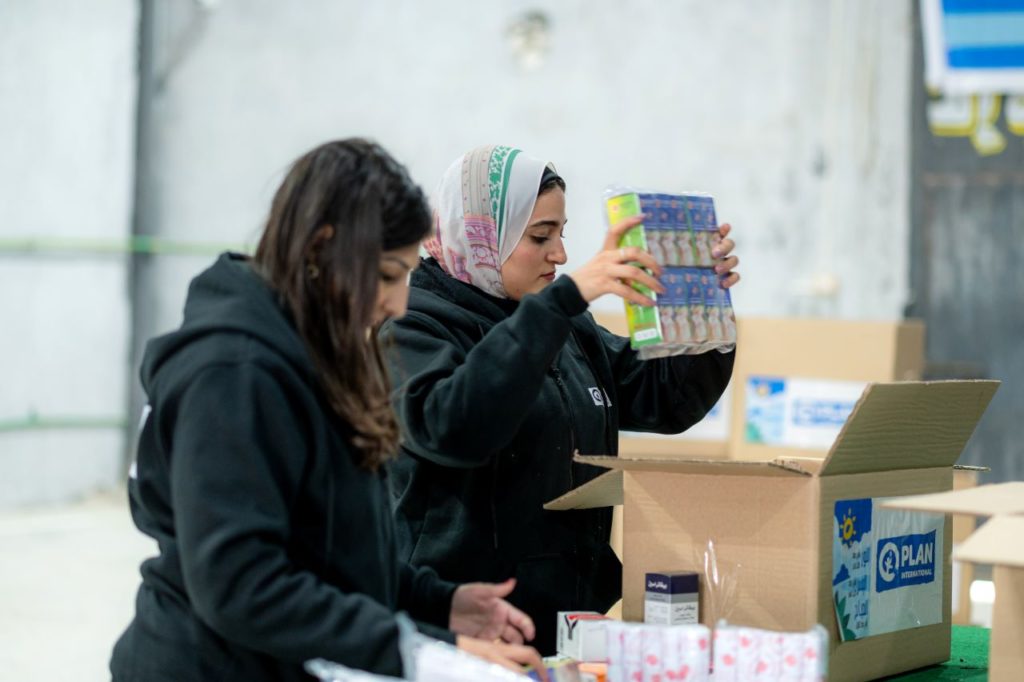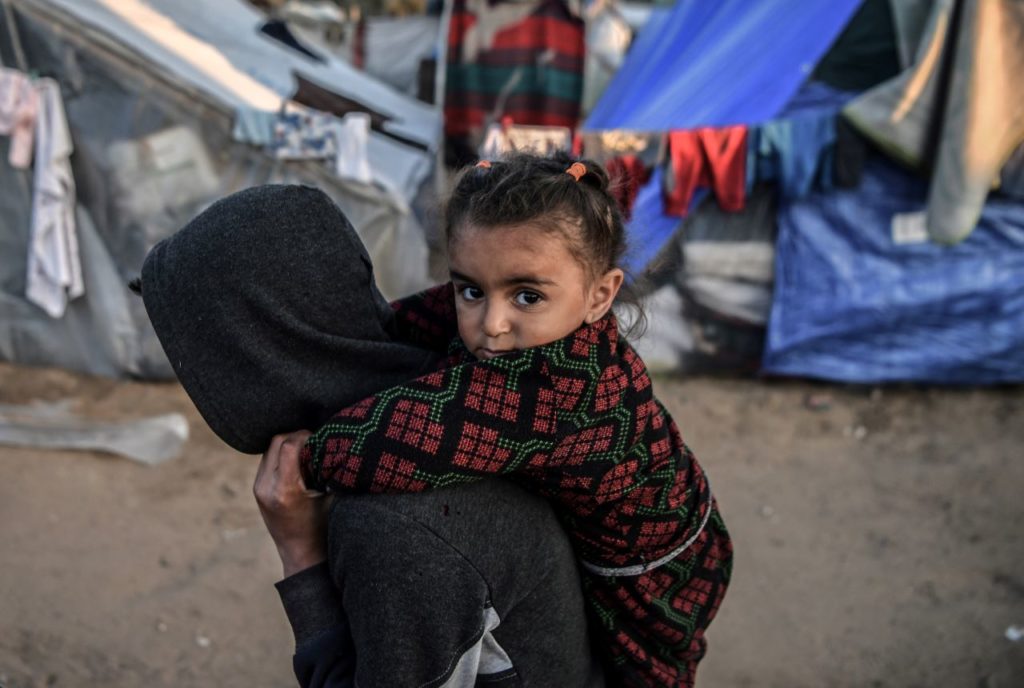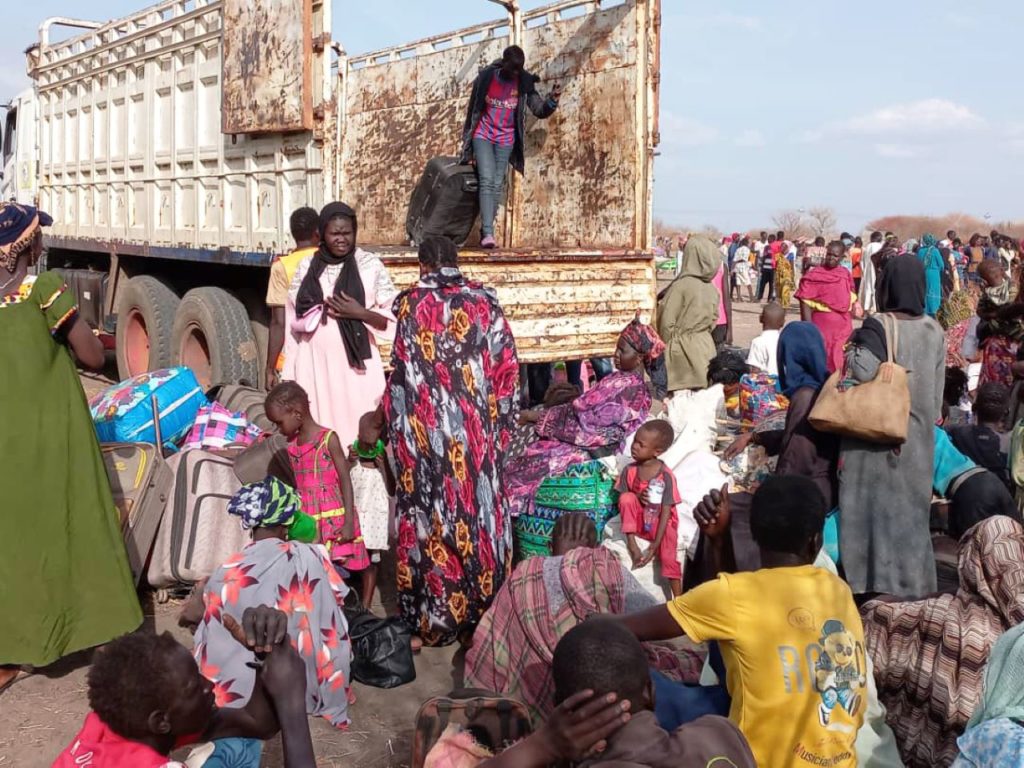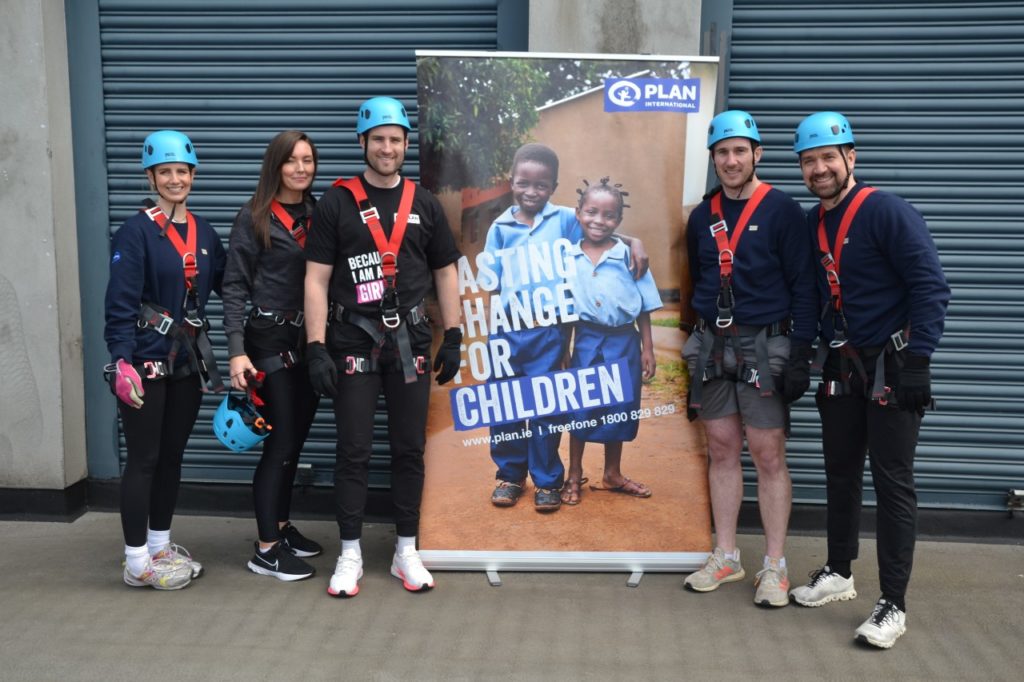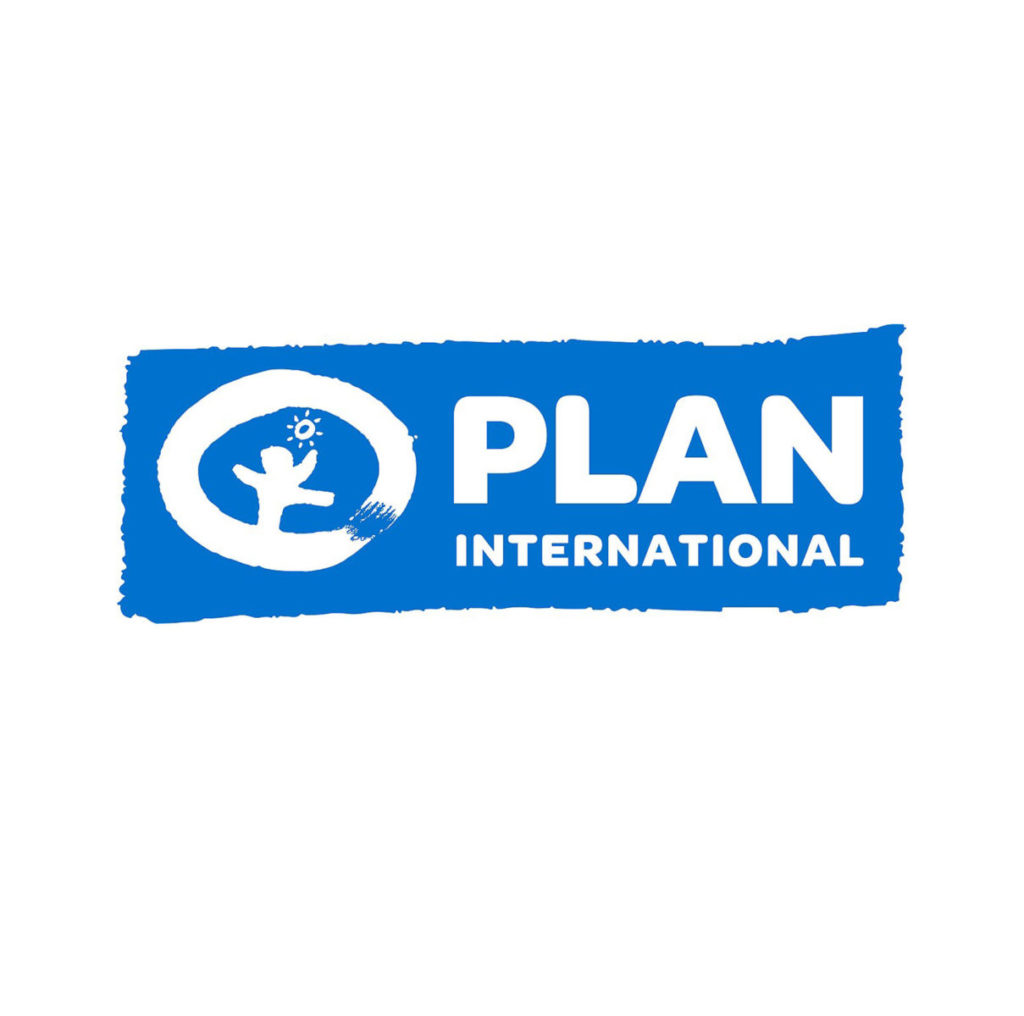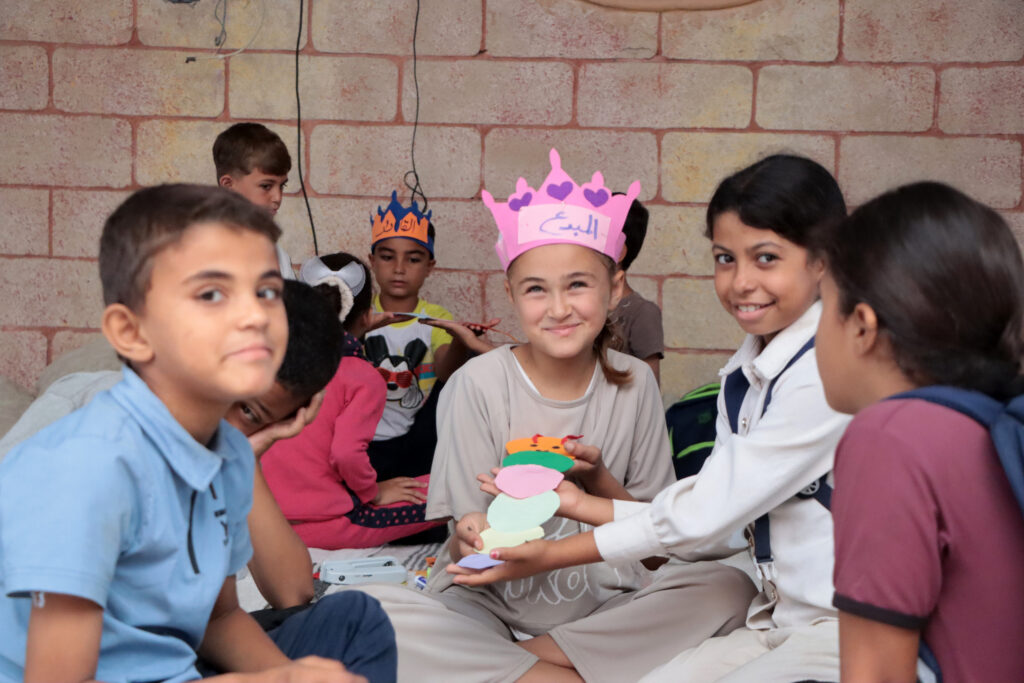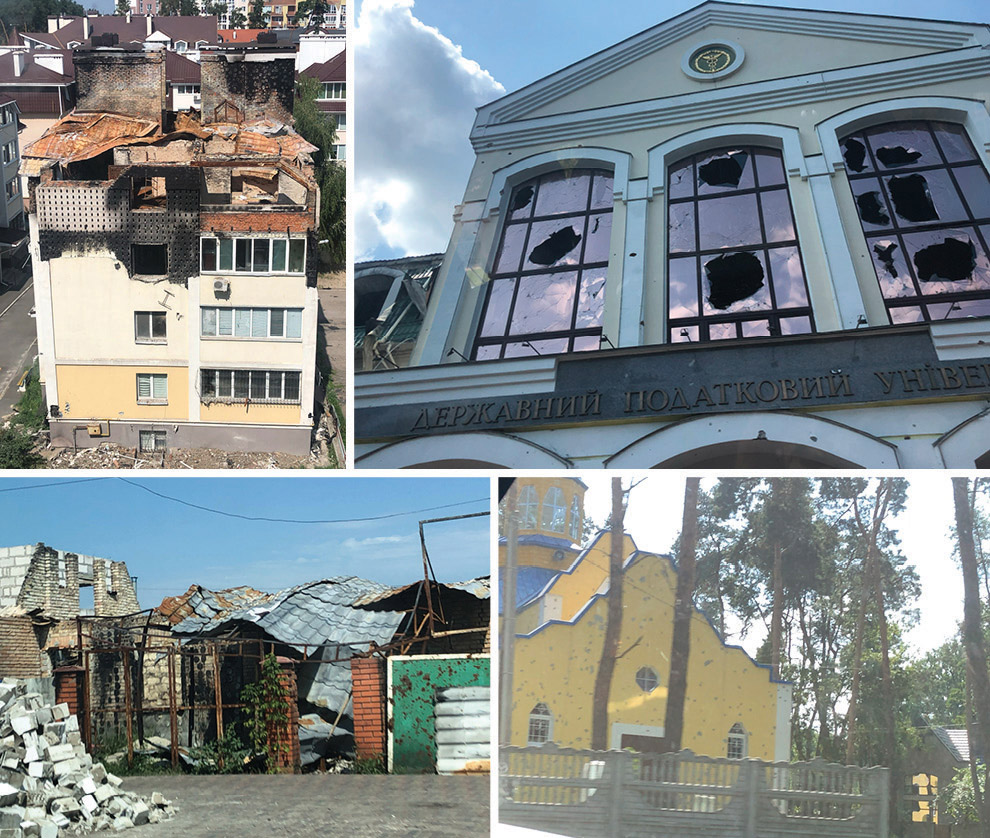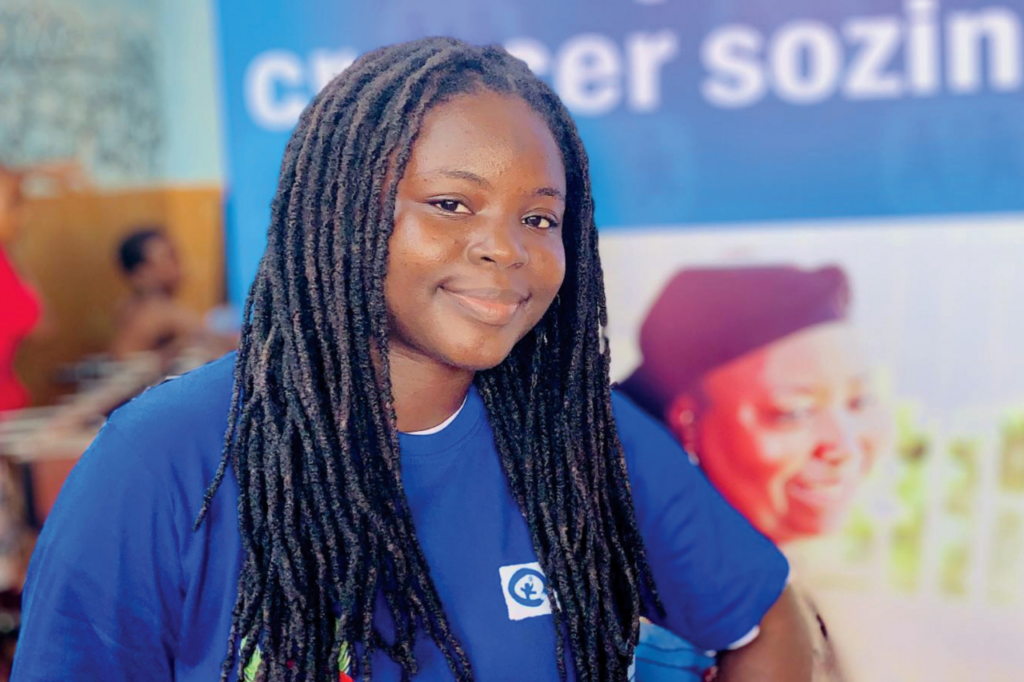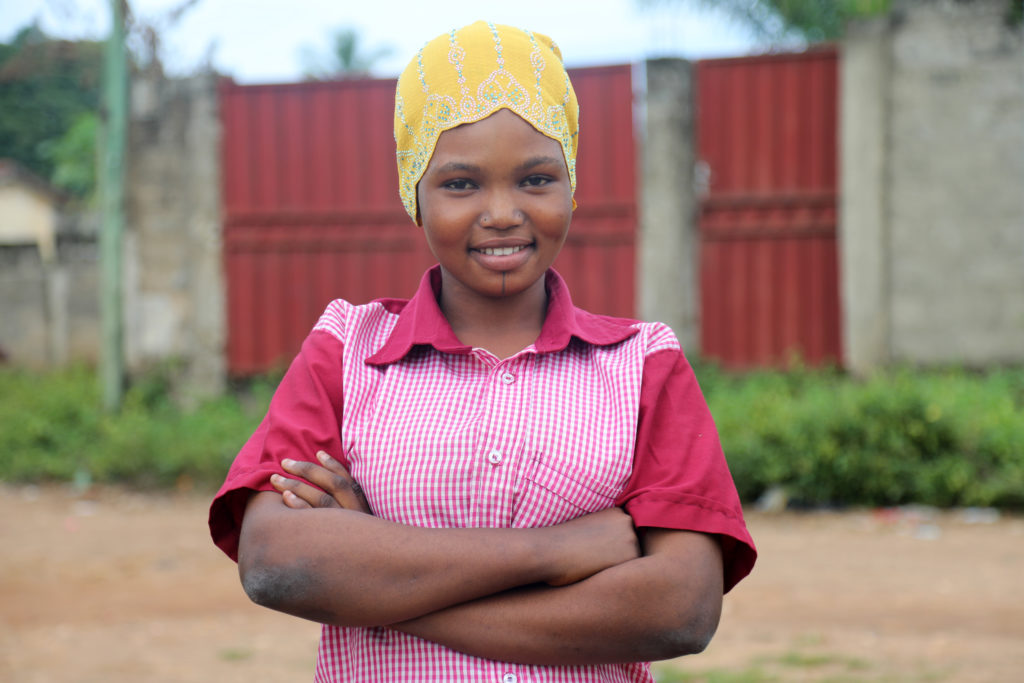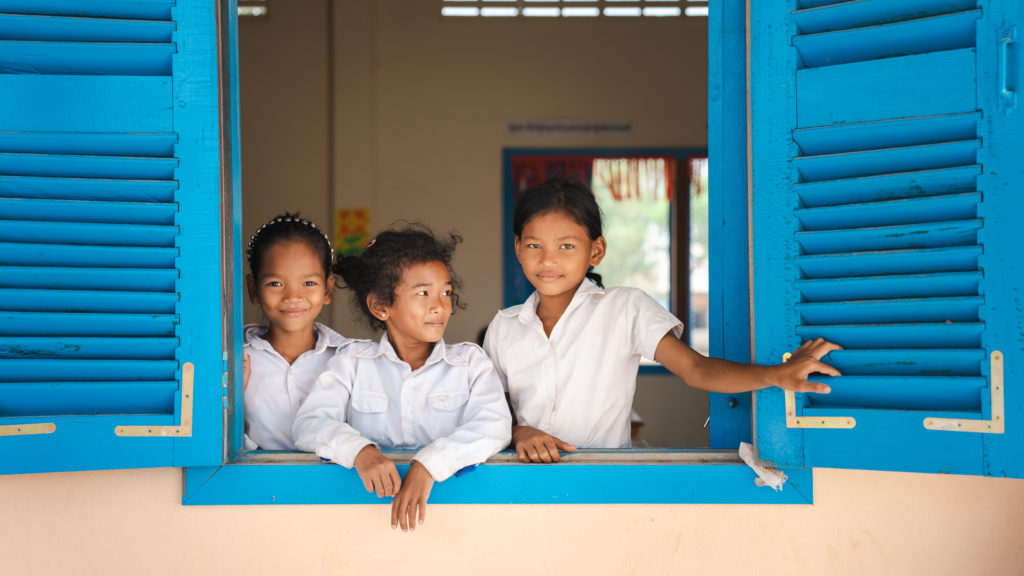Millions at risk as sexual abuse, unintended pregnancies, and child marriages spike under lockdown.
A silent and lethal ‘shadow pandemic’ is currently unfolding across the globe as millions of girls are witnessing the erosion of their sexual and reproductive health and rights under lockdown.
A sharp increase in potentially deadly unintended pregnancies, child marriages, sexual abuse and severely restricted access to vital sexual and reproductive health information and services have already been reported in multiple countries worldwide.
COVID-19 has made it more difficult to reach those affected by this issue as schools are closed and lockdowns have been imposed. We know that homes are not always safe spaces for young girls and women as in most instances, the perpetrators of abuse are relatives or close acquaintances.
Now, more than ever, it is vital to ensure that essential sexual and reproductive health rights (SRHR) services for girls remain open and accessible during this pandemic.
Adapting Programmes During Lockdown
In Liberia, we work with local partners to improve the lives of girls who have been subjected to sexual and gender-based violence. One such project, funded by United Nations Population Fund (UNFPA), has successfully adapted in response to COVID-19.
Before the COVID-19 pandemic rates of gender-based violence (GBV), child marriage and teenage pregnancy were already high in Liberia, while access to sexual and reproductive health rights is low (World Bank).
While confinement measures are needed to stop the spread of COVID-19, these same measures have left girls and adolescents much more vulnerable to different types of violence, including sexual violence.
Services for victims of domestic violence have become even harder to reach and restrictions on movement prevent girls from reporting abuse and seeking help.
Girls like Janet, 14, are deeply concerned about the impact of the lockdown on girls like her and women like her mother who is a single parent. She fears many women and girls could face violence as a result of the lack of food and other basic necessities during the crisis.
My fear with this virus in Liberia is that women will really suffer. We will suffer over food. Men will abuse us. Because if I don’t have food and a boy has food, if I ask him for help, he will ask me for sex before he gives me some.
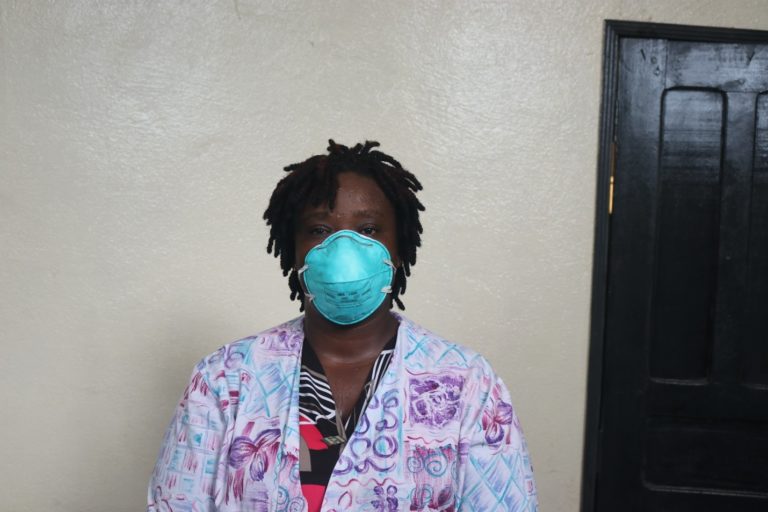
The project, which began in 2019, aims to reduce sexual and gender-based violence and harmful practices, and increase women’s and girls’ access to sexual and reproductive health and rights.
We have built One Stop Centres where girls and women who have been subject to GBV can seek refuge, have a safe place to stay and access to physical and psychosocial support to aid their recovery. We have kept open these essential services during lockdown, and practised social distancing at all centres.
However they have faced additional difficulties including a severe lack of personal protective equipment and other protective gear to protect nurses and doctor’s dealing with survivors.
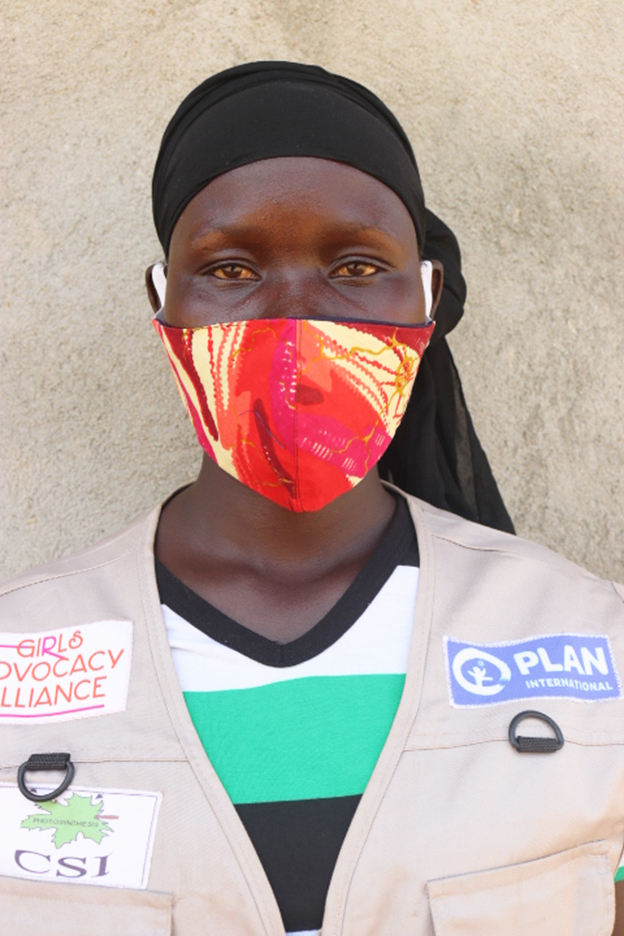
“We have moved from group meetings to door-to-door awareness raising about gender-based violence. Right now, child marriage is not happening like before, but we still have cases of violence and teenage pregnancy to deal with.” Mawatta (pictured above) explains.
To date, some achievements of the project include:
• 12,480 survivors have accessed and received services.
• 15 school health clubs have been established.
• 12 One Stop Centers established in 7 counties.
• 35 health workers from services centers have been trained in psychosocial support services.
• 27 journalists from 14 media institutions received training in sexual and gender based violence reporting.
• 10 low cost housing units for survivors in refugee resettlement camp have been completed.
